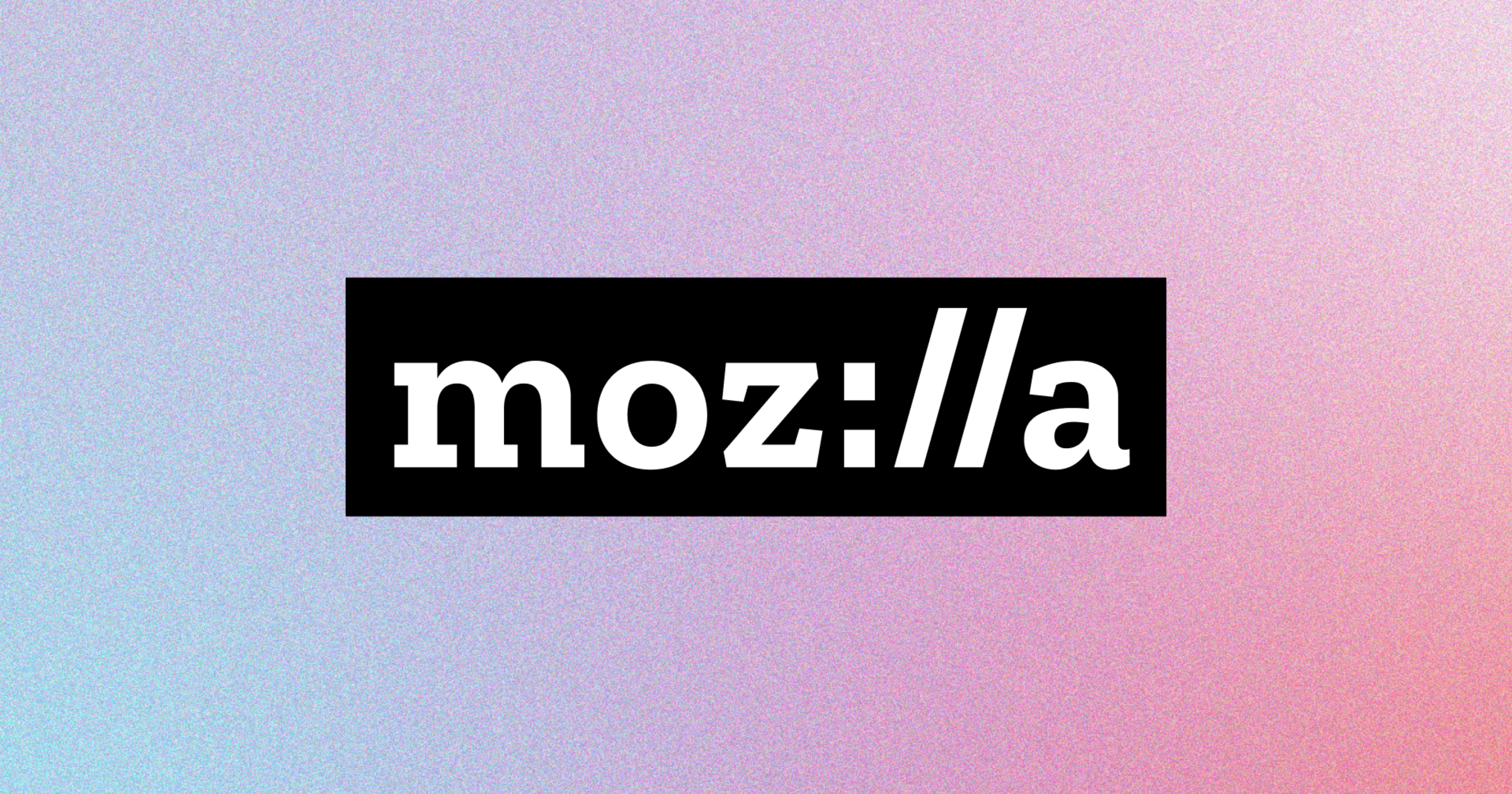I would choose one that is provably effective. actually rescuing animals tangibly saves them from the agricultural system. everything else I can think of is the equivalent of hopes and prayers.
i am more than willing to engage on any positive claim you want to make (i probably agree with a lot of them). what i’m not willing to do is tolerate personal attacks and dogpiling.
- 16 Posts
- 2.93K Comments
clean living conditions. penalties for abuse. humane slaughter.
Isnt the line going up constantly evidence of constant addition of new land to hold more animals?
I’m assuming it is this in combination with new efficiencies (like the swine hotels in China)
If we ran out of new land to use wouldnt it plateau?
that’s the assumption I’m using.
i think artificial insemination is safer for cattle than being mounted by a bull. that’s likely true across the barnyard. so i’m fine with artificial insemination. i could see some argument about regulating separation practices, but my dairy farming friend tells me some cattle are bad moms and don’t want to suckle their calves. i don’t know how you could regulate any particular cow’s inclination to nurse. and… as for life spans, i don’t think their natural lives, free from veterinary care, provided food, water, shelter, and protection from predators would be any longer than they live now. i don’t know and i’d love to have some real evidence of the lifespan of, say, holsteins in the wild. or broiler chickens.
so all your specific reforms are something id need to be sold on anyway, and i think of myself as a pretty reasonable and sympathetic subject, so you might be right about the difficulty of passing those specific reforms anyway.
but like… good luck.
but they aren’t smokers anymore by the time they are in front of congress talking through a voice box.
i would bet that if you lose your larynx, there isn’t much reason to give up smoking. you already basically got the worst deal. this is all hypothetical and guesswork anyway. maybe you find it unbelievable, but i don’t (of course this should feel familiar). it makes me uncomfortable to speculate this much, and i have even less interest in tracking down the specific facts about tobacco than i do in becoming vegan (take that how you will).
it’s clear that regulation has been able to preceed a decline in use, even against powerful and profitable industries. it’s not clear that a only partially-concerned (since veganism seeks to exclude all exploitation, not limited to diet) ideological boycott has any impact at all.
i have no reason to believe that the production of meat will decrease due to the nordic dietary guidelines. keep me posted, though.
I thought you meant to go to a factory farm and rescue animals.
i did, but don’t get fucking caught! or make sure you have the resources not to land in jail, whether that’s a rich dad and a good lawyer or the support of the local populace, or whatever.
i think your goal is laudable. it’s not personally motivating for me, but it clearly is for you, and i hope you make some real progress on it in your life. if i told you that using lemmy reduced factory farming, i doubt you’d think that’s true since there is no evidence of it. the main piece of evidence we have about animal agriculture is that it basically always increases. so no method, that i know of, is effective at shrinking it, but you could achieve some actual tangible results if you adopt other tactics.
What if that line starts very slowly flattening out? Is that enough evidence?
you’d have to show the causal link between vegans existing and the production flattening. what if it’s just that we run out of agricultural land, or a meteor strikes a major production region? we need to know what actually causes the change in the graph, not simply speculate that it could be buying beans.
i am not an expert on global agricultural markets, but my suspicion is drought, followed by a global (human) pandemic, but i don’t know if those actually caused it even if you could prove they (both) happened. you can also see a significant drop in the 90s correlating with mad cow disease. there it’s easy to say “we destroyed a bunch of cattle instead of slaughtering them” but that’s not exactly reducing suffering. i seem to recall similar stories during the pandemic.
i highly doubt we could draw a causal link between buying beans and either of those dips, though.
putting myself in prison wouldnt help anything.
i didn’t say you should be in prison. i suggested a way you could actually stop animal slaughter.
edit:
i believe in your creativity and resourcefulness, and i think you can come up with a way that effectively and directly reduces slaughter without landing in prison. perhaps if you looked up your local animal liberation front, you would find some allies to help in your endeavor.
You are just assuming it would never grow big enough to affect the line.
i have made no such assumption. teh fact is that it has not, in fact, reduced suffering (if we regard all animal slaughter as suffering, and the most meaningful metric). to continue to claim that it will is just a hypothesis, and continues to be unsupported by the facts.
it can only support your position if you could prove your counterfactual, which you cannot.
i have a high degree of certainty that there were cigarette smokers who want regulation, and industrial workers who wanted to stop asbestos. if we were to look at congressional testimony in the usa, it would probably show just that.
but the other user isn’t saying we should only rely on meat-eaters. most meat-eaters do think that animals should be treated humanely (i recognize their definition is at odds with yours), and would likely back stricter humane slaughter regulations. you seem to be saying that’s not good enough, and i find it understandable that the other user has become quite jaded about helping animals at all in the face of your purism.
Is there just a crossover point for you or you think if noone ate meat that graph would still go up?
i honestly don’t know. i do know vegans exist, and i suspect there are more now than ever, but the line still goes up.
i’m saying it’s not causal or, at least, it requires more than simply making a thing for it to be bought by someone. fidget spinners are a great example. lots were made with no real understanding of their potential market. some were sold just because it’s a cheap toy but it could easily have been any other similarly priced toy. the production created its own demand there, but not enough to empty every fidget spinner from a warehouse. so some other mechanism must be at play besides production (advertising, for instance). regardless, it certainly can’t be the case that demand actually caused all those fidget spinners to have been produced.
it appears that the plan of creating government regulation is effective at stopping production, and no causal link to demand is outlined in your hastily-googled abstract.
Well, your graph could just as easily support my position as it could go against it.
no, it’ can’t. this is an unscientific claim.
Do you have anything else that proves being vegan is an effort in futility?
i’ve never said that. i think if you want to avoid animal products, then doing so is its own reward. but if you want to decrease animal slaughter, it’s ineffective.
i suggest that you go where animals are being slaughtered and stop it.


















eating meat is absolutely justifiable.